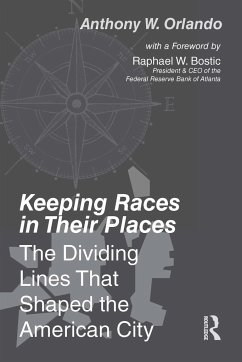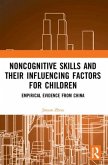"A book perfect for this moment" -Katherine M. O'Regan, Former Assistant Secretary, US Department of Housing and Urban Development More than fifty years after the passage of the Fair Housing Act, American cities remain divided along the very same lines that this landmark legislation explicitly outlawed. Keeping Races in Their Places tells the story of these lines-who drew them, why they drew them, where they drew them, and how they continue to circumscribe residents' opportunities to this very day. Weaving together sophisticated statistical analyses of more than a century's worth of data with an engaging, accessible narrative that brings the numbers to life, Keeping Races in Their Places exposes the entrenched effects of redlining on American communities. This one-of-a-kind contribution to the real estate and urban economics literature applies the author's original geographic information systems analyses to historical maps to reveal redlining's causal role in shaping today's cities. Spanning the era from the Great Migration to the Great Recession, Keeping Races in Their Places uncovers the roots of the Black-white wealth gap, the subprime lending crisis, and today's lack of affordable housing in maps created by banks nearly a century ago. Most of all, it offers hope that with the latest scholarly tools we can pinpoint how things went wrong-and what we must do to make them right.
Hinweis: Dieser Artikel kann nur an eine deutsche Lieferadresse ausgeliefert werden.
Hinweis: Dieser Artikel kann nur an eine deutsche Lieferadresse ausgeliefert werden.








